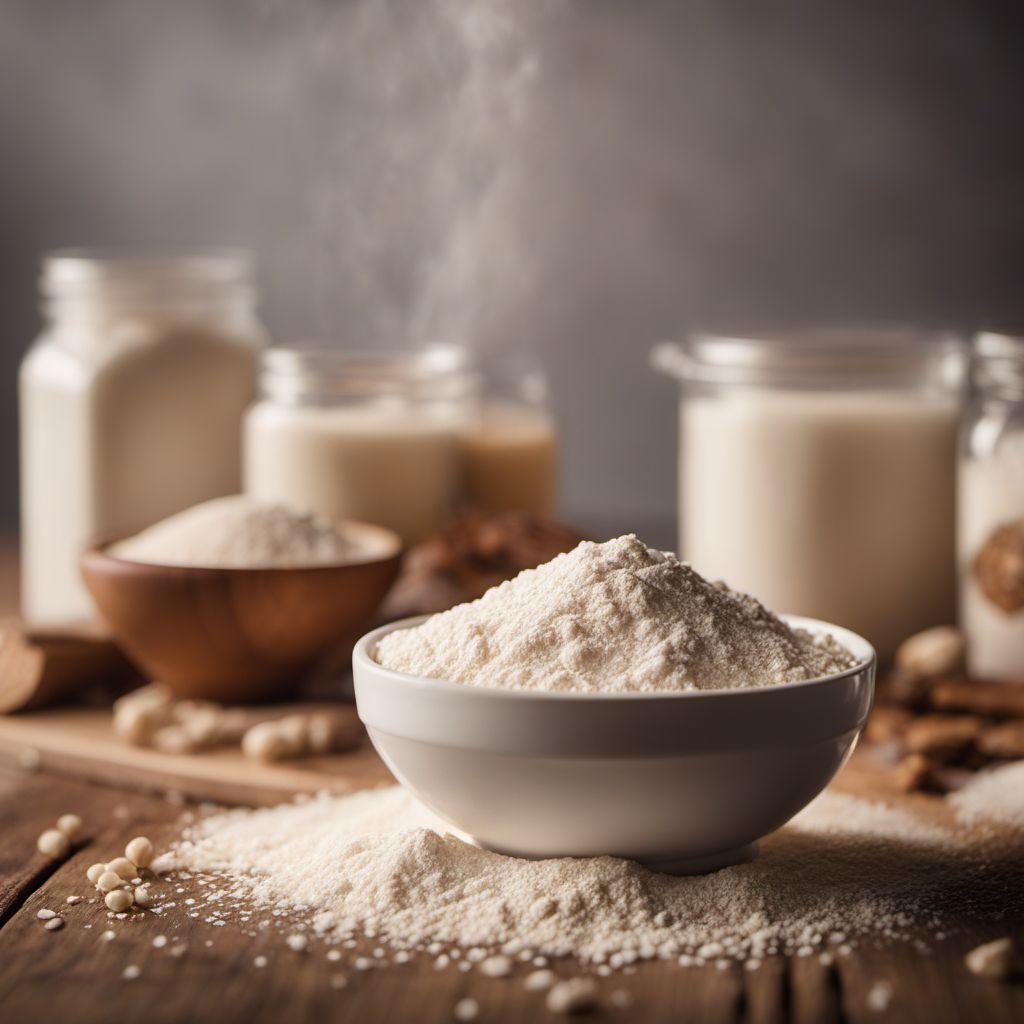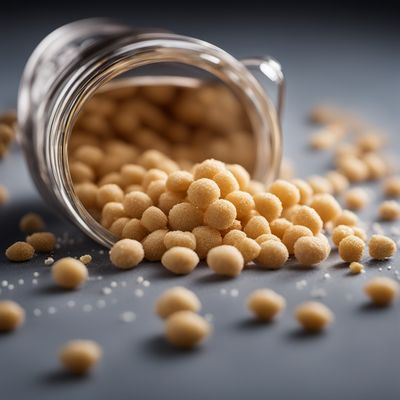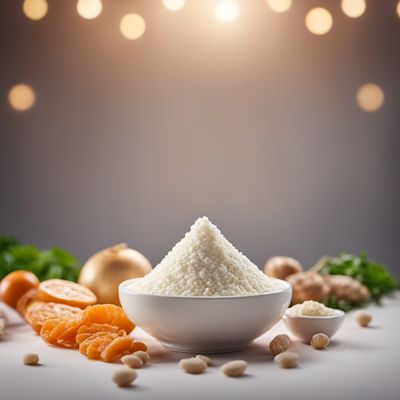
Ingredient
Flour treatment agent
The Secret Ingredient for Perfect Baked Goods
Flour treatment agents are additives that are used in baking to improve the quality and performance of flour. They work by modifying the protein structure in flour, enhancing dough elasticity, and improving gluten development. This leads to increased volume, better texture, and improved shelf life of baked goods. Flour treatment agents are commonly used in commercial baking but can also be beneficial for home bakers looking to achieve professional results.
Origins and history
The use of flour treatment agents dates back to ancient times when various substances like malt, honey, and milk were added to dough to improve its quality. Over time, advancements in food science led to the development of specific additives that could enhance flour performance. Today, flour treatment agents are widely used in the baking industry to ensure consistent and high-quality results. Different types of flour treatment agents are available, including ascorbic acid, enzymes, and emulsifiers, each serving a specific purpose in improving dough characteristics.
Nutritional information
Flour treatment agents do not contribute significant nutritional value to baked goods as they are used in small quantities. However, they play a crucial role in improving the texture, volume, and shelf life of baked goods.
Allergens
There are no known allergens associated with flour treatment agents.
How to select
When purchasing flour, look for products that mention the use of flour treatment agents on the packaging. These additives are commonly used in commercial flours, but they may also be found in some specialty or artisanal flours. It's important to note that flour treatment agents are not typically used in whole grain or unbleached flours, as these types of flours are valued for their natural characteristics.
Storage recommendations
Flour treatment agents do not require specific storage recommendations as they are typically added to flour during the manufacturing process. However, it's important to store flour in a cool, dry place to maintain its freshness and quality.
How to produce
Flour treatment agents are not produced by amateur bakers or home cooks. They are typically manufactured by specialized companies that produce food additives for the baking industry.
Preparation tips
Flour treatment agents are used in a wide range of baked goods, including bread, cakes, pastries, and cookies. They help improve dough elasticity, increase volume, and enhance the overall texture and appearance of the final product. Whether you're baking a loaf of bread or a delicate pastry, the addition of flour treatment agents can make a noticeable difference in the quality of your baked goods.
Culinary uses
Flour treatment agents are commonly used in commercial baking and are found in a variety of baked goods available worldwide. They are especially prevalent in industrially produced bread and pastry products.
More ingredients from this category » Browse all

Emulsifier
The Harmony Enhancer

Propellent gas
The Power Behind the Spray: Unveiling the Secrets of Propellent Gas

Humectant
The Moisture Magician: Unveiling the Power of Humectants

Gelling agent
The Magic of Gelling Agents

Binding agent
The Glue of Culinary Creations: Unveiling the Power of Binding Agents

Anti-caking agent
The Secret Ingredient: Unveiling the Magic of Anti-Caking Agents

Glazing agent
Enhancing Food Appeal

Preservative
Preserving the Goodness: Unveiling the World of Food Preservatives

Acidity regulator
The Balancing Act: Understanding Acidity Regulators

Modified starch
The Versatile Transformations of Starch

Raising agents
The Magic Behind Culinary Rise: Unveiling the Secrets of Raising Agents

Firming agent
The Secret Ingredient for Perfect Texture